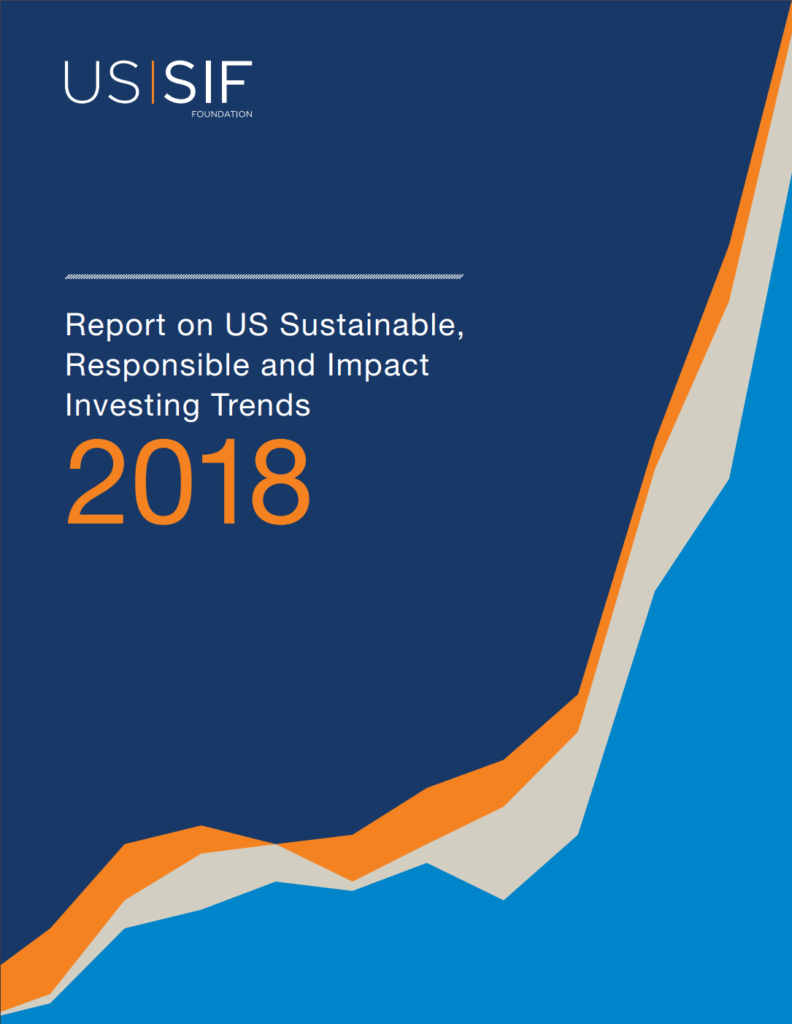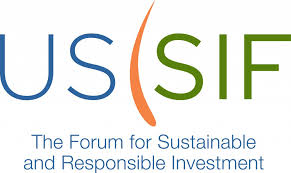Can an IRA Be a College Savings Vehicle?
Jun 28, 2019

An IRA is a retirement savings account, right? Indeed. IRA stands for Individual Retirement Arrangement. Even with that definition, however, there is no prohibition on using an IRA to save for other purposes, such as funding a college education.
Why would anyone choose an IRA as a college savings vehicle? At first glance it may seem strange, since there are other types of investment accounts specifically dedicated to that objective. On closer inspection, though, IRAs (especially Roth IRAs) present some features that may be quite attractive to the parent or grandparent who wants to build education savings.
Parents are urged to save for their children’s college education as soon as possible, but what if their children end up spending little or no time in college? (more…)
Helping Your Parents Manage Financial Tasks
Jun 26, 2019
Worldwide, the number of people aged 60 and older is growing.By 2050, this demographic will be more than twice as large as it was in 2015.¹
Some of these seniors could face a financial test.Will they be able to look after their investments or financial matters at age 80 or 90 with the same level of scrutiny they exercised earlier in life?
Your parents may be facing such a challenge.If you sense that they are not quite up to it, then a conversation about financial issues could be in order.
If you need to have this kind of talk with your parents, it is best to proceed gently, while acknowledging some potential risks that may heighten if the status quo persists. (more…)
Making a Charitable Gift from Your IRA
Jun 21, 2019
Is your annual IRA withdrawal a bother? If you are an affluent retiree, that might be the case. The income is always nice, but the taxes that come with it? Not so much.
If only you could satisfy your yearly IRA withdrawal requirement minus the attached taxes. Guess what: there might be a way.
If you gift traditional IRA assets to charity, you could see some big tax savings. The Internal Revenue Service calls this a Qualified Charitable Distribution (QCD), and you may want to explore its potential. Some criteria must be met: (more…)
Tags: Retirement Tax Savings
Tax Moves to Consider in Summer
Jun 14, 2019
Making changes earlier rather than later.
If you own a business, earn a good deal of investment income, are recently married or divorced, or have a Flexible Savings Account (FSA), you may want to think about making some tax moves now rather than in December or April.
Tags: Tax Planning
Bad Spending Habits That Can Be Corrected
Jun 12, 2019
Americans have a great deal of disposable income relative to many other nations, yet our free spending can take us further and further away from the potential for financial freedom. Some people fall into crippling spending habits and injure their finances as a consequence.
Tags: Financial Help, Spending Habits
Impact Investing: Have You Heard of it? You Will.
May 24, 2019

I’d like to shine a bright light on the ever-growing popularity of impact investing and then define the three types of investors found to have the most interest in what seems to be this relatively new (although it’s actually not) and seemingly unknown (only to the retail investor) area of the investment marketplace. Let’s hop right in.
Impact investing. First, it’s important to know that “impact investing” is merely a subsegment of a more broadly defined investment methodology known as Sustainable, Responsible and Impact … otherwise known as SRI. This is actually a relatively new set of terms or definition for the S-R-I acronym which for a long time stood for Socially Responsible Investing – and that is actually where a lot of confusion comes in when people begin to discuss SRI or impact investing strategies. (more…)
You Don’t Know What You Don’t Know
Mar 27, 2019

Having attended the 2018 SRI Conference in Colorado Springs, aka: SRI in the Rockies back in November, I remember returning not only inspired to continue the work we do, but reassured that the work we do for our clients is simply the right work to be doing.
SRI is the acronym for investments that focus not only on a financial return, but they also have a social or environmental return component as well. SRI stands for Sustainable Responsible and Impact, and it’s rightly taken claim as one of the fastest growing segments of the investment marketplace. Quite simply, and when looked at correctly, it is the way to have your money “do more”, for you, and for others.
(more…)US SIF Foundation Releases 2018 Biennial Report On US Sustainable, Responsible And Impact Investing Trends
Oct 31, 2018

WASHINGTON, D.C., Oct. 31 – The US SIF Foundation’s 2018 biennial Report on US Sustainable, Responsible and Impact Investing Trends,released today, found that sustainable, responsible and impact investing (SRI) assets now account for $12.0 trillion—or one in four dollars—of the $46.6 trillion in total assets under professional management in the United States. This represents a 38 percent increase over 2016.
The Trends Report—first compiled in 1995—is the most comprehensive study of sustainable and impact investing in the United States. From the first report when assets totaled just $639 billion to today, the sustainable and responsible investing industry has grown 18-fold and has matured and expanded across numerous asset classes.
The 2018 report identified $11.6 trillion in ESG incorporation assets under management at the outset of 2018 held by 496 institutional investors, 365 money managers and 1,145 community investing financial institutions. The largest percentage of money managers cited client demand as their top motivation for pursuing ESG incorporation, while the largest number of institutional investors cited fulfilling mission and pursuing social benefit as their top motivations.
(more…)US SIF Foundation Releases 2016 Trends Report
Nov 15, 2016
WASHINGTON, D.C., November 14, 2016 – Sustainable, responsible and impact investing assets now account for $8.72 trillion, or one in five dollars invested under professional management in the United States according to the US SIF Foundation’s biennial Report on US Sustainable, Responsible and Impact Investing Trends 2016 which was released today.
The biennial Trends Report—first conducted in 1995 when ESG assets totaled $639 billion—provides comprehensive data on US asset managers (more…)
Market Impact of a Trump Presidency
Nov 11, 2016
 Donald Trump has completed his landmark quest and will become the nation’s 45th President after a contentious and often divisive campaign. In addition, the Republican Party has retained control of both houses of Congress. This outcome marks a significant reversal from just a few weeks ago when a Hillary Clinton presidency was highly probable and even a Democratic party sweep of Congress was possible.
Donald Trump has completed his landmark quest and will become the nation’s 45th President after a contentious and often divisive campaign. In addition, the Republican Party has retained control of both houses of Congress. This outcome marks a significant reversal from just a few weeks ago when a Hillary Clinton presidency was highly probable and even a Democratic party sweep of Congress was possible.
While this outcome is certainly a shock to many, it is important to (more…)
More Insights
Few terms in personal finance are as important, or used as frequently, as “risk.” Nevertheless, few terms are as imprecisely defined. Generally, when financial advisors or the media talk about investment risk, their focus is on the historical price volatility of the asset or investment under discussion.
As Americans get their grills and beach chairs ready for the July 4th holiday, the stock market and the weather across much of the country have both been on heaters. Stocks and bonds continue to effectively navigate a complex policy landscape shaped by evolving trade dynamics, geopolitical tensions, and fiscal stimulus. The market’s resilience in … Continue reading “Market Update – America Gets Record High Stock Prices for Its Birthday”
Birthdays may seem less important as you grow older. They may not offer the impact of watershed moments such as getting a driver’s license at 16 and voting at 18. But beginning at age 50, there are several key birthdays that can affect your tax situation, health-care eligibility, and retirement benefits.
During times like these when geopolitical headlines can be unsettling for investors, we at LPL Research like to remind ourselves of one of our key investing principles. Markets have always faced challenges —ranging from geopolitical conflicts and economic downturns to natural disasters, political upheaval and health crises. These events often trigger short-term volatility and shake … Continue reading “Why Long Term Investing Beats Selling in Volatile Times”
Are you concerned about the inheritance taxes your heirs may have to pay? Then you may want to consider creating charitable lead trusts.
Services
Epic Capital provides the following comprehensive financial planning and investment management services: Learn More >


 Top of Page
Top of Page











